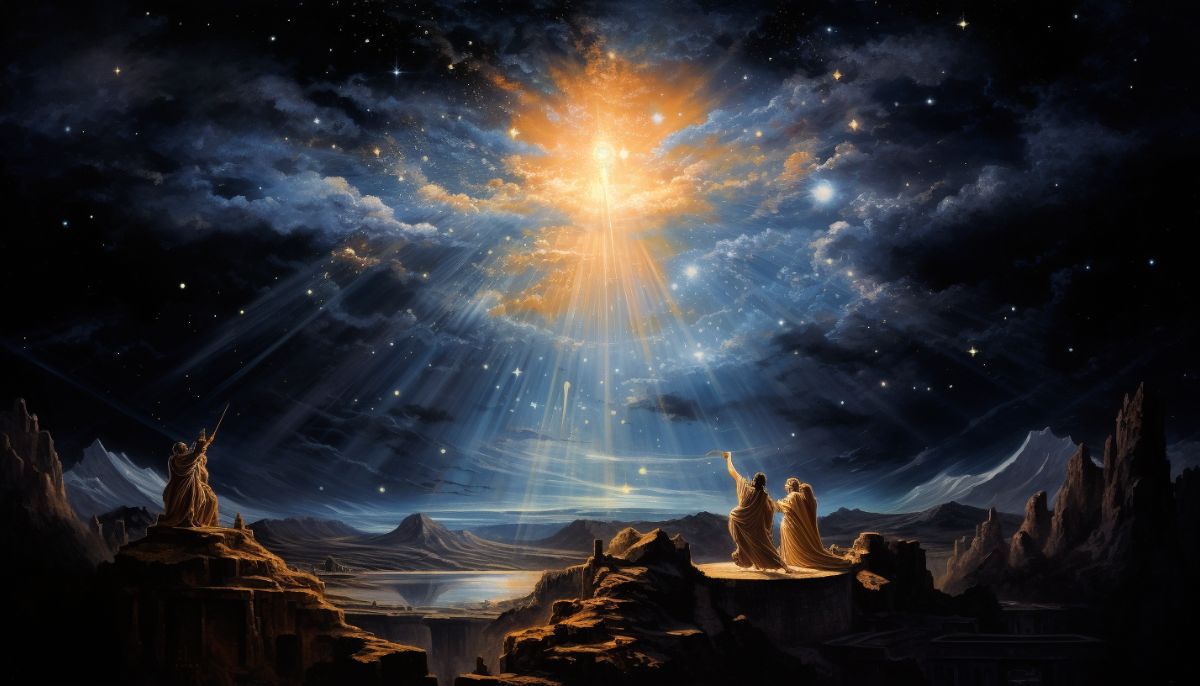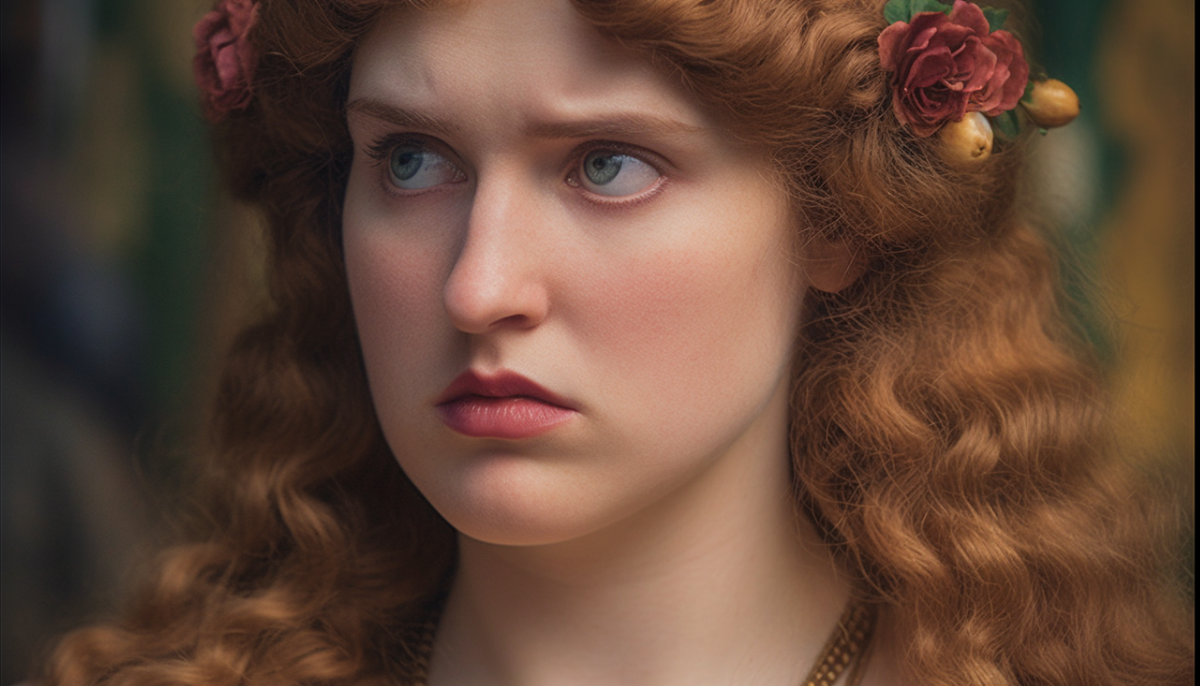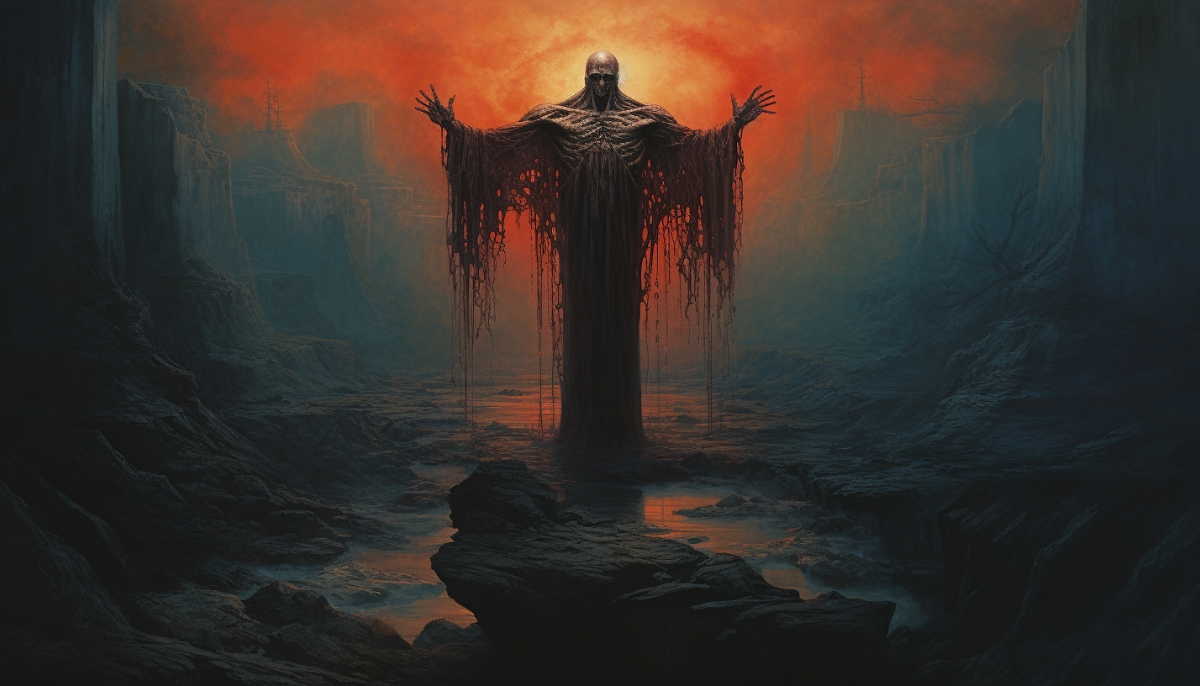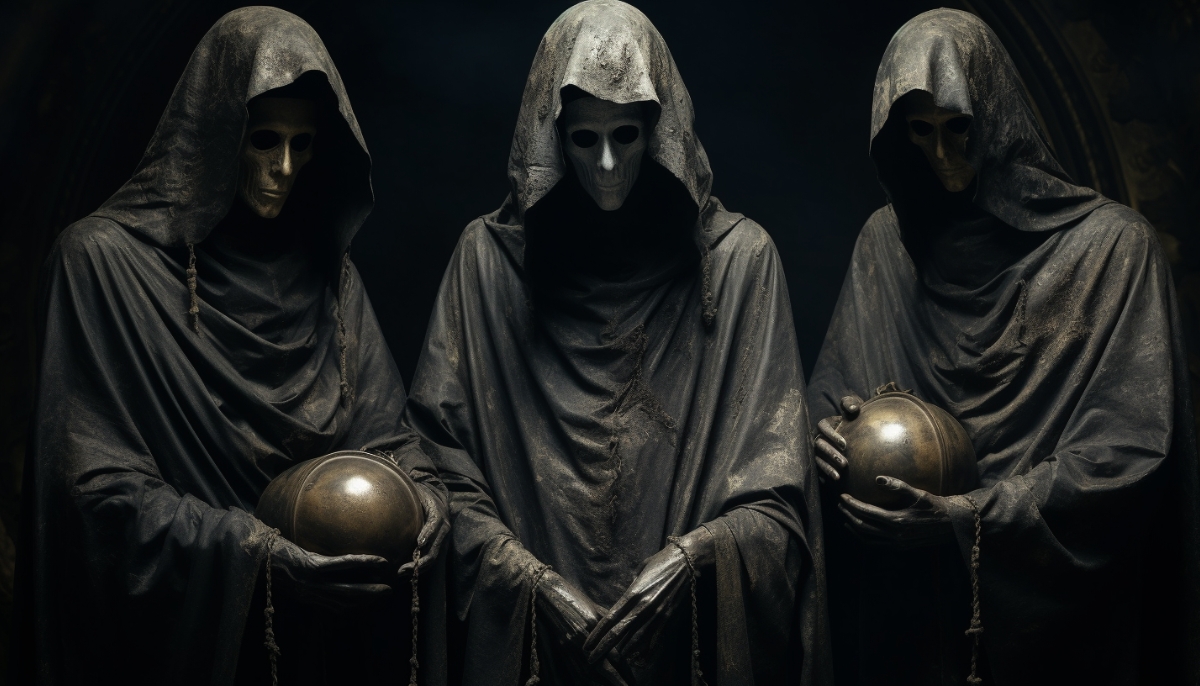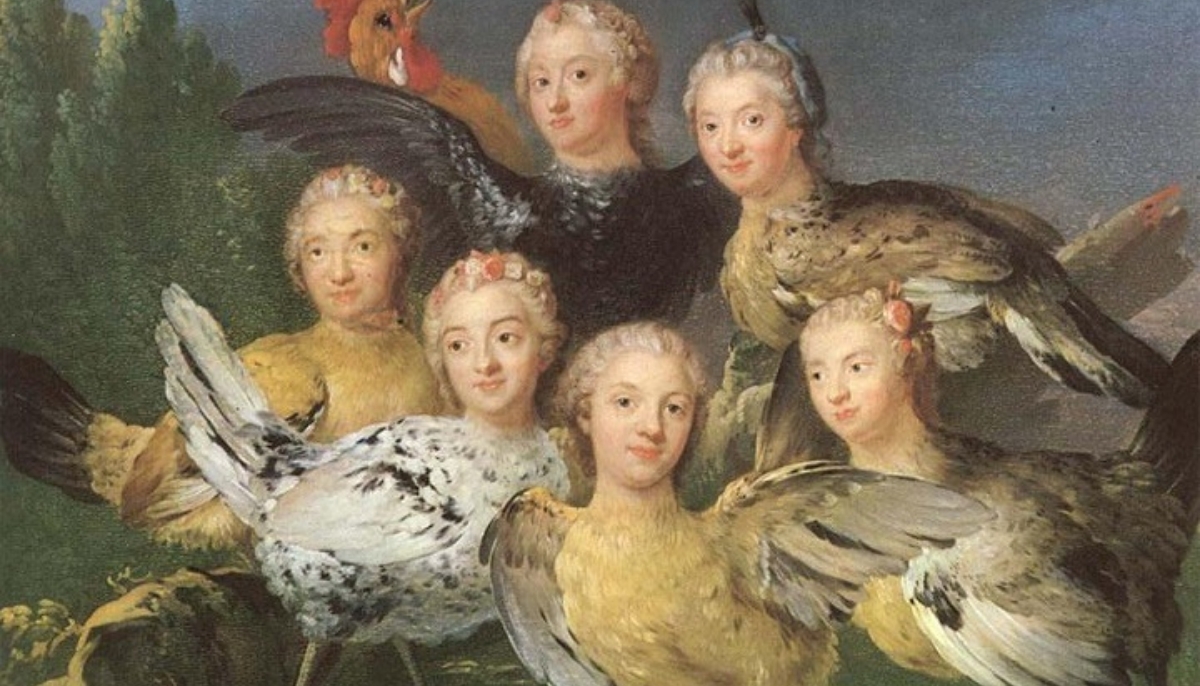The question echoes across centuries: Are the Greek gods real?
In a realm where the divine brushes against the mortal, the tales of ancient Greece have stirred both awe and curiosity. The stories of gods and heroes, woven into the fabric of Greek mythology, transport us to a realm where the boundaries of reality and imagination blur.
As we embark on this exploration, we’ll venture into the heart of mythology’s enigmatic origins, uncover the interplay of history and myth, navigate the evolution of belief in the divine pantheon, and pose the timeless query:
What happened to the gods of ancient Greece, and do they still hold a place in modern belief systems? Join us as we peel back the layers of ancient mystique and contemplate the question: Are the Greek gods real?
The Origins of Mythology and Religion
The origins of mythology and religion share a fascinating connection—a connection rooted in humanity’s quest to understand the world around them.
From ancient Greece to civilizations worldwide, stories of gods, creation, and cosmic order were often born from genuine events, woven into the tapestry of history.
Just as Christianity finds historical grounding in the Bible, with Jesus as a known historical figure, the narratives of gods and heroes in Greek mythology often intertwine with real events and figures.
The combination of Mythology and history
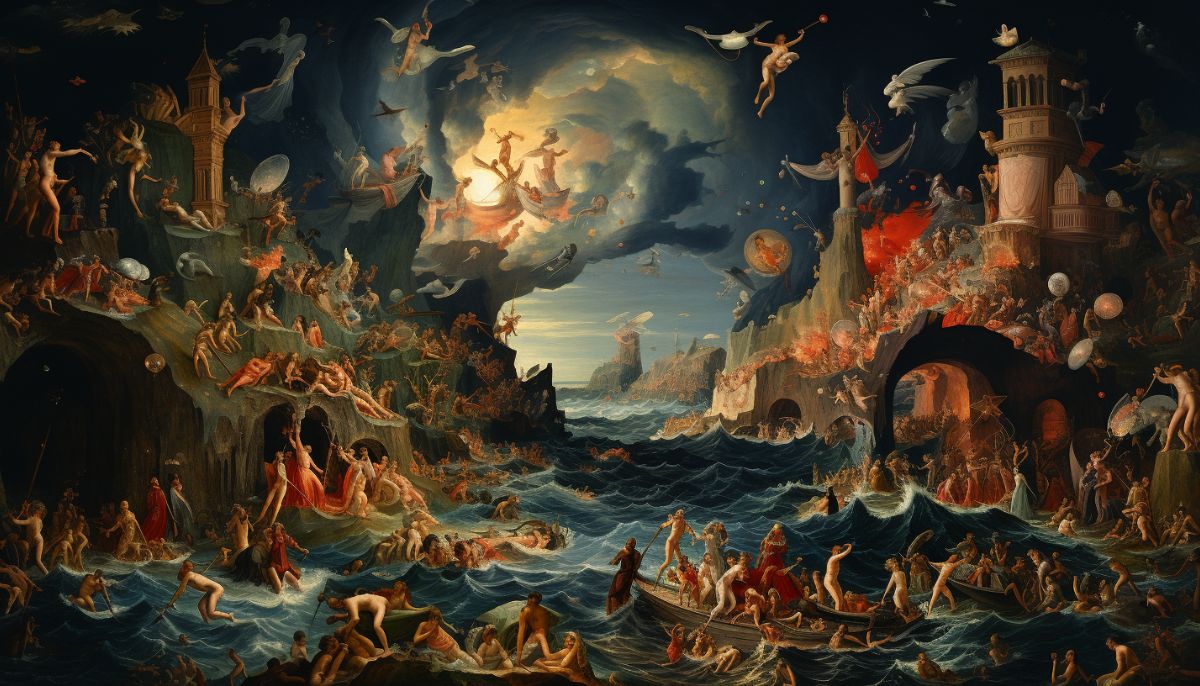
Over time, these stories, initially passed down through oral tradition, can undergo a transformation. As the tales traverse generations, they evolve, acquiring layers of symbolism and mysticism.
While the essence of moral lessons and grand deeds may persist, the boundary between historical fact and metaphor becomes blurred. Elements that once resonated as truths might morph into fantastical facets, transcending the constraints of reality.
- Hesiod’s Five Ages of Man is a great example of how Mythology transitioned to history during Classical Greece
It’s essential to acknowledge that even as the myths journey further from their original contexts, they remain repositories of cultural insights, ethical wisdom, and the embodiment of societal values. The infusion of moral elements into these narratives can enhance their power to teach, inspire, and provoke thought—even if these aspects were not necessarily taken as literal truths in their earliest forms.
Through this intricate interplay of truth and imagination, mythology becomes a testament to the human pursuit of meaning, blending historical roots with the vibrant hues of storytelling.
Did the Ancient Greeks believe the gods were real?
Ancient Greeks navigated a rich terrain of belief, where the divine realm intertwined with daily life. The question of whether the ancient Greeks believed their gods were real leads us into a complex mosaic of faith, culture, and tradition.
Yes, the ancient Greeks did believe in their gods, but their relationship with the divine transcended mere religious fervor. The gods held a foundational status, akin to a cultural constitution that shaped their beliefs, values, and societal norms. These gods were woven into the fabric of Greek identity, serving as spiritual entities and symbolic embodiments of the Greek way of life.
The Greeks’ perception of divinity extended beyond their own pantheon. The oracle of Siwa, visited by Alexander the Great, attests to their recognition of other gods—such as the Egyptian pantheon—existing beyond their borders. Day-to-day religiosity varied; while the grand Olympian gods commanded reverence, local cults, and personal rituals often held more immediate sway in individuals’ lives.
Changes in Greek belief over time

Greek interaction with their gods differed from modern religious practices. Their relationship wasn’t characterized by constant devotion or worship, but rather by an effort to garner favor and secure luck. The Greeks aimed to align themselves with the divine forces, seeking their goodwill in various life endeavors.
Yet, it’s important to note that beliefs regarding the gods fluctuated across time and location within Greece itself. The notion of belief was not uniform, with nuances arising from the diversity of Greek city-states and cultural influences.
The ancient Greek connection with their gods was multifaceted, encompassing a blend of cultural foundation, personal interests, and the quest for divine intervention. This intricate dance between belief and pragmatism underscores the intricate relationship between the Greeks and their pantheon, leaving us with a vivid mosaic of faith that resists easy categorization.
What happened to the Greek gods?
The belief in the ancient Greek gods, which had thrived for centuries, eventually faced a twilight that dimmed its prominence. The end of this era can be traced back to the rise of the Roman Empire and the seismic shifts in religious landscapes that followed.
The echoes of ancient belief began to fade during the Roman Empire, as its vast expanse united diverse cultures and religions under a single umbrella. In this assimilative environment, the once-vibrant tapestry of Greek mythology began to fray. The ascent of Christianity, driven notably by Emperor Constantine and further enforced by Theodosius, marked a pivotal turning point. This burgeoning faith, with its monotheistic creed, stood in stark contrast to the polytheistic mosaic of the ancient gods.
Destruction of the Pagan temples
As Christianity’s influence grew, the old shrines and temples dedicated to the Greek gods faced desolation. The landscape once dotted with sacred spaces saw the dissolution of their significance. The rites, sacrifices, and rituals that had once been integral to the Greek religious experience were banned, leaving the old practices relegated to the annals of history.
- The destruction of Alexander the Great’s tomb in Alexandria led to his body going missing. Where Alexander is buried is one of history’s great mysteries, and the conspiracy that Alexander is buried in St. Marks is one of the most fascinating
The transformation from ancient belief to Christian dominance marked a profound shift in the spiritual and cultural identity of the regions once steeped in the stories of gods and heroes. The decline of the ancient Greek gods is a testament to the ever-changing currents of history, where faiths and traditions rise and fall in response to the tides of societal change and cultural evolution.
- Learn more about the fascinating history of Greco-Roman mystery cults
Modern belief in ancient Greek Mythology
In the realm of contemporary spirituality, the ancient Greek gods have experienced a fascinating resurgence, emerging under the banner of Hellenism within the broader category of neo-paganism. This modern revival breathes new life into the tales and worship that once thrived in the ancient world.
Known as Hellenism, this movement encompasses diverse individuals who resonate with the ancient Greek gods and their narratives. As Christianity’s grip loosens and people seek alternative spiritual avenues, the allure of these ancient deities gains traction. The gods of Olympus, once relegated to myth, are now embraced as living entities by a growing number of adherents.
This revival marks a departure from the centuries of silence that followed the decline of the ancient gods. The emergence of modern Hellenism offers a space for individuals to explore the philosophical, cultural, and spiritual facets embedded in the ancient Greek belief system. The draw of these gods lies in their complex personalities, rich narratives, and connection to the natural world—a connection that resonates in a world seeking reconnection with nature and the cosmos.
So, are the Greek Gods real?
Much like every other religious belief, the authenticity of the Greek gods is deeply intertwined with the fabric of faith.
The notion of “realness” when it comes to the divine transcends empirical evidence and measurable proof. The Greek gods, like deities from all corners of the world, are neither inherently more nor less real than any other gods. Their presence and influence, be it in the narratives of ancient Greece or the spiritual explorations of modern believers, are anchored in the realm of belief.
The Greek gods were as real to the ancient Greeks as any god is to their followers today. The stories, rituals, and cultural significance bestowed upon these deities bestowed upon these deities infuse them with a profound reality that transcends the confines of historical documentation.
Ultimately, the question of whether the Greek gods are real is a reminder of the intricate interplay between belief, culture, and the human quest for meaning. Across time and space, the stories of these gods persist, breathing life into the past and inspiring devotion in the present. As with any act of faith, the realness of the Greek gods rests in the hearts and minds of those who believe—an eternal testimony to the enduring power of myth and spirituality.
